
Ballygunge: The Heartbeat of Kolkata's Elegance
Ballygunge, located in the southern part of Kolkata, is a neighborhood that beautifully blends tradition and modernity. Known for its upscale residential areas, this locale offers a glimpse into the lives of Kolkata's elite while being steeped in cultural heritage. The streets are lined with colonial-era mansions, modern apartments, and lush greenery, making it a picturesque area to explore. Ballygunge is also a hub for food enthusiasts. The neighborhood boasts a variety of dining options, from traditional Bengali cuisine to international fare. Don't miss the local sweet shops, where you can sample delicacies like 'rosogolla' and 'mishti doi'. For those interested in shopping, the Gariahat Market offers everything from traditional sarees to contemporary fashion, making it a shopper's paradise. Cultural aficionados will find Ballygunge rich in artistic venues. The Birla Academy of Art & Culture hosts numerous exhibitions and performances, offering a deep dive into the region's artistic heritage. Additionally, the nearby Rabindra Sarobar is perfect for a leisurely stroll or a boat ride, providing a serene escape from the bustling city life.
Local tips in Ballygunge
- Visit Gariahat Market early in the morning to avoid crowds and get the best deals.
- Try the local street food but ensure it's from a busy and clean stall to avoid any health issues.
- Plan a visit to the Birla Academy of Art & Culture for a dose of local art and history.
- Use app-based ride services for convenient and safe transportation around the neighborhood.
- Carry some cash as small vendors and markets might not accept digital payments.
Ballygunge: The Heartbeat of Kolkata's Elegance
Ballygunge, located in the southern part of Kolkata, is a neighborhood that beautifully blends tradition and modernity. Known for its upscale residential areas, this locale offers a glimpse into the lives of Kolkata's elite while being steeped in cultural heritage. The streets are lined with colonial-era mansions, modern apartments, and lush greenery, making it a picturesque area to explore. Ballygunge is also a hub for food enthusiasts. The neighborhood boasts a variety of dining options, from traditional Bengali cuisine to international fare. Don't miss the local sweet shops, where you can sample delicacies like 'rosogolla' and 'mishti doi'. For those interested in shopping, the Gariahat Market offers everything from traditional sarees to contemporary fashion, making it a shopper's paradise. Cultural aficionados will find Ballygunge rich in artistic venues. The Birla Academy of Art & Culture hosts numerous exhibitions and performances, offering a deep dive into the region's artistic heritage. Additionally, the nearby Rabindra Sarobar is perfect for a leisurely stroll or a boat ride, providing a serene escape from the bustling city life.
Iconic landmarks you can’t miss
Birla Mandir
Discover the architectural beauty and spiritual essence of Birla Mandir, a must-visit Hindu temple in Kolkata, India.
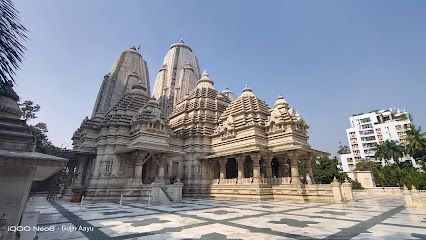
Maddox Square Park
Discover the tranquility of Maddox Square Park, a vibrant green space in Kolkata, perfect for families, joggers, and cultural enthusiasts alike.
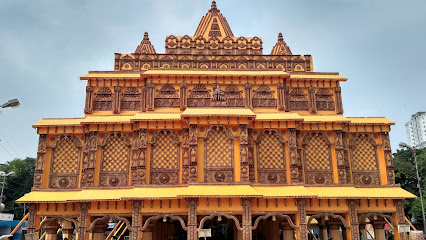
Birla Industrial & Technological Museum
Experience the intersection of science and technology at Kolkata's premier museum, the Birla Industrial & Technological Museum, perfect for all ages.
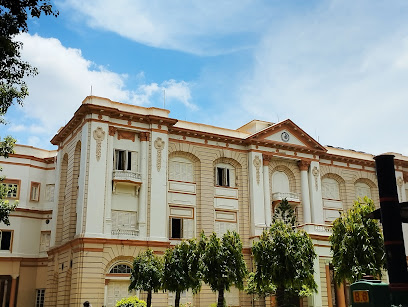
Netaji Bhawan
Discover the inspiring legacy of Subhas Chandra Bose at Netaji Bhawan, a historical museum in Kolkata dedicated to India's freedom struggle.
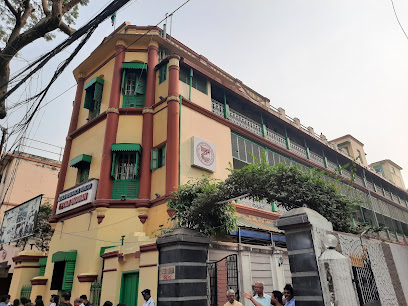
Citizen's Park
Explore the lush landscapes and serene beauty of Citizen's Park, a tranquil oasis in the vibrant city of Kolkata, perfect for relaxation and leisure.
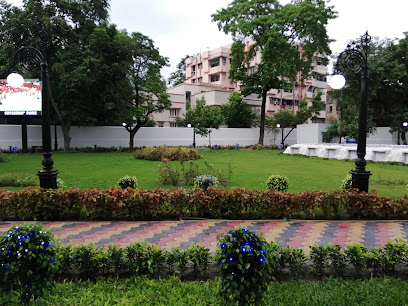
Ballygunge 21 Pally
Discover the essence of Kolkata at Ballygunge 21 Pally, a vibrant cultural association celebrating local traditions and heritage.
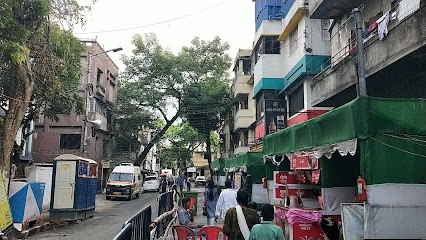
Kankulia Rail Gate Temple
Experience the serene spirituality of Kankulia Rail Gate Temple, a cultural gem in Kolkata that captivates with its rich history and vibrant traditions.
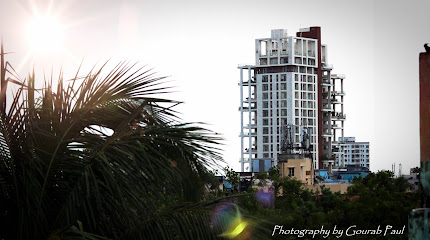
Experimenter Ballygunge Place
Discover contemporary art at Experimenter Ballygunge Place, Kolkata’s vibrant gallery showcasing innovative and thought-provoking works from diverse artists.
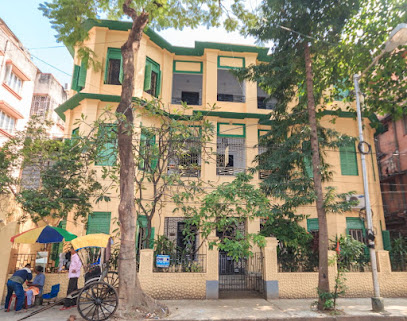
Indranil Building
Explore Indranil Building, a historical landmark in Kolkata, showcasing the city's architectural beauty and rich heritage amidst a vibrant cultural scene.
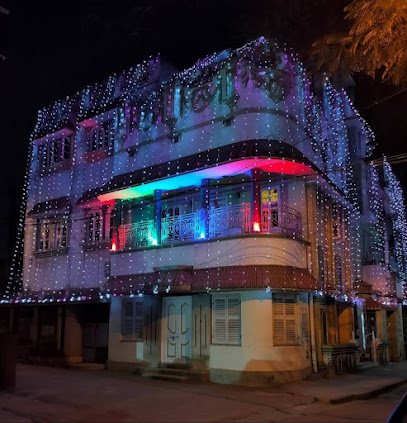
Ballygung
Discover the serene beauty of Ballygung, a tranquil park in Kolkata offering lush greenery, community events, and a peaceful escape from city life.
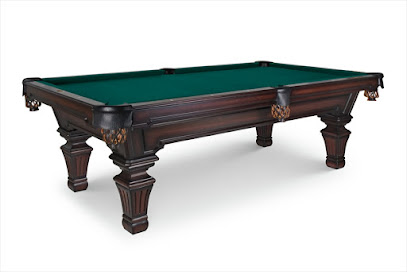
Ballygunge Shiv Mandir
Discover the tranquil beauty and rich cultural heritage of Ballygunge Shiv Mandir, a must-visit Hindu temple in Kolkata.
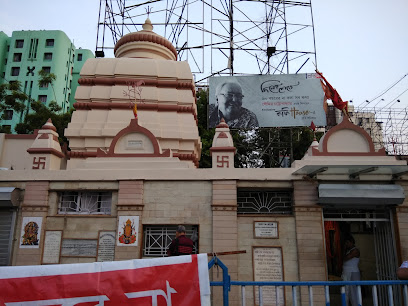
Unmissable attractions to see
Rabindra Sarobar Lake
Discover the tranquility of Rabindra Sarobar Lake, an urban oasis in Kolkata, perfect for relaxation, boating, and cultural experiences.
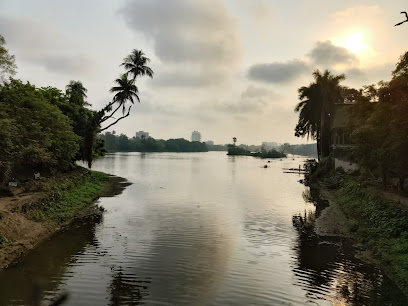
Birla Mandir
Discover the breathtaking beauty and spiritual essence of Birla Mandir, a must-visit Hindu temple in Kolkata, showcasing exquisite architecture and rich traditions.
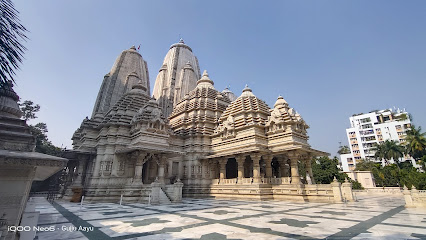
Maulana Azad Museum
Explore the legacy of Maulana Abul Kalam Azad at Kolkata's Maulana Azad Museum, a hub of history and cultural enlightenment.
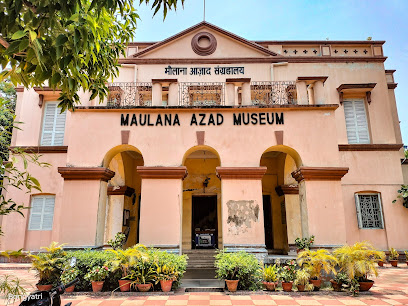
Kasia Bagan Pond
Discover the serene beauty of Kasia Bagan Pond, a hidden gem in Kolkata perfect for relaxation and cultural exploration amidst lush greenery.
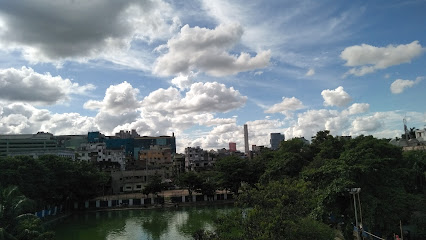
I Love WARD 90
Explore the serene beauty and cultural richness of I Love WARD 90, a hidden gem in Kolkata perfect for relaxation and local experiences.
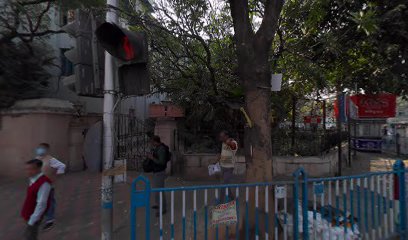
I Love WARD 86
Explore the vibrant culture and artistic spirit at I Love WARD 86, a unique tourist attraction in Kolkata offering art, food, and community experiences.
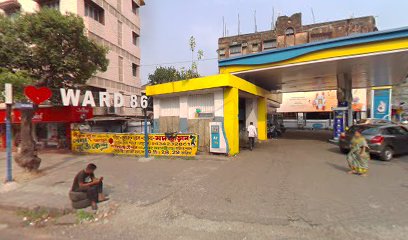
The Infamous Lane
Explore The Infamous Lane in Kolkata, a vibrant tourist attraction filled with art, food, and local culture that captures the spirit of the city.
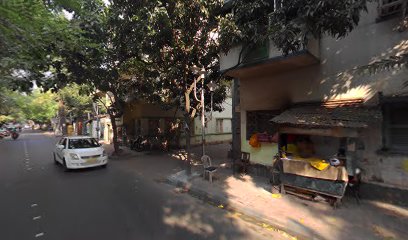
Essential places to dine
Arsalan Restaurant & Caterer - Park Circus
Discover the authentic taste of Mughlai cuisine at Arsalan Restaurant & Caterer in Park Circus—home to delicious biryanis and warm hospitality.
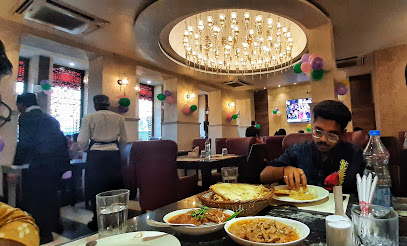
Haldiram
Discover the rich flavors of India at Haldiram in Kolkata—where every bite tells a story.
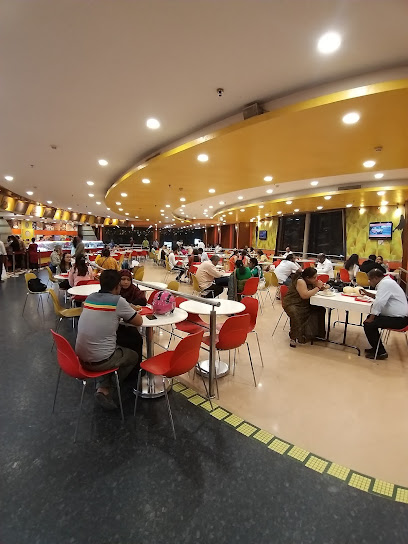
6 Ballygunge Place
Experience authentic Bengali cuisine at 6 Ballygunge Place in Kolkata – where tradition meets taste in an elegant setting.
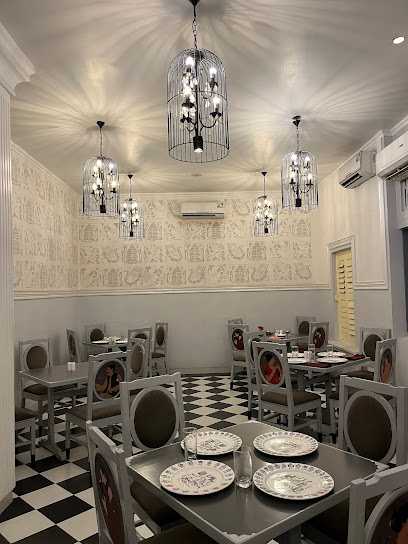
Spice Kraft
Discover culinary brilliance at Spice Kraft - Kolkata's premier destination for modern European fine dining.
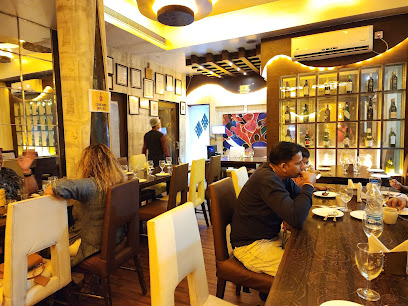
Royal Indian Restaurant
Experience authentic Indian cuisine at Royal Indian Restaurant in Kolkata, specializing in flavorful biryani and rich curries.
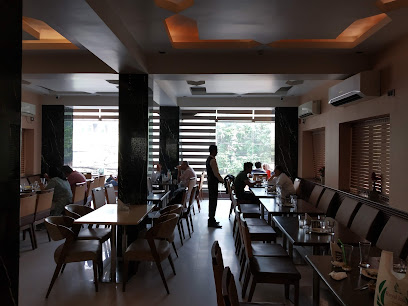
Zam Zam Restaurant
Experience authentic Mughlai and North Indian cuisine at Zam Zam Restaurant in Kolkata - where tradition meets flavor.
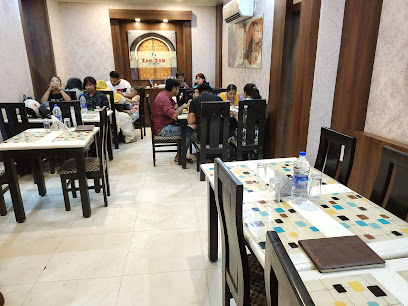
The Saffron Tree
Experience the rich flavors of Mughlai cuisine at The Saffron Tree in Kolkata - where tradition meets innovation in every dish.
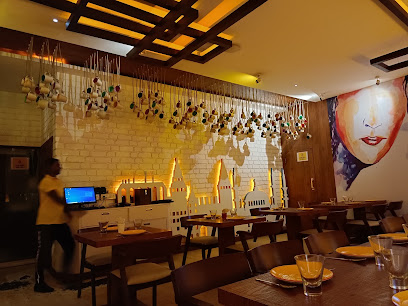
Bombay Brasserie, Kolkata, Ballygunge
Discover the essence of Indian cuisine at Bombay Brasserie in Kolkata's vibrant Quest Mall – where tradition meets contemporary elegance.
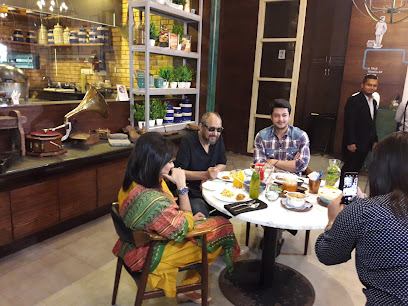
Serafina, Kolkata, Ballygunge
Discover the flavors of Italy at Serafina in Ballygunge—where exquisite cuisine meets vibrant nightlife.
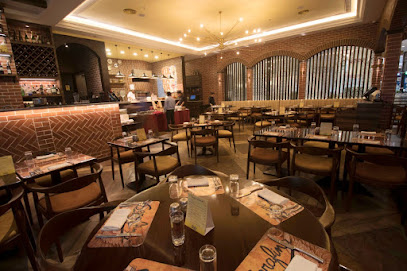
To Die For - Ballygunge
Discover authentic Italian cuisine at To Die For - Ballygunge in Kolkata – where every dish tells a story.
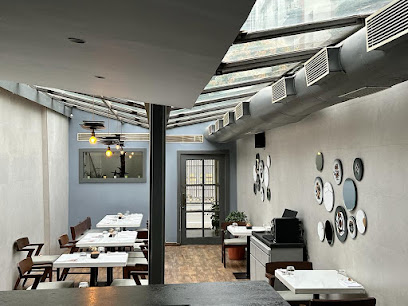
Markets, malls and hidden boutiques
Lifestyle Stores
Discover a world of fashion and beauty at Lifestyle Stores in Kolkata's Quest Mall, a premier shopping destination for all your needs.
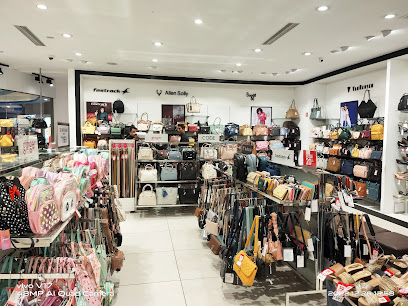
Address Home Kolkata - Luxury Home Decor, Cushion Covers, Dinner Set, Table lamps
Discover luxury home decor, unique gifts, and exquisite lighting options at Address Home Kolkata in the heart of Quest Mall.
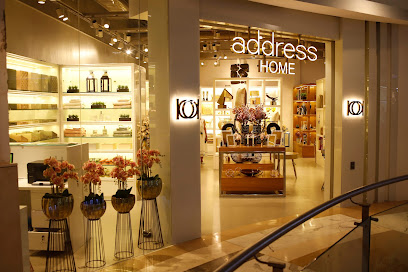
Mooch Wale
Explore Mooch Wale, Kolkata's premier gift shop, featuring unique gifts, stylish clothing, and exquisite home goods that embody the city's vibrant culture.
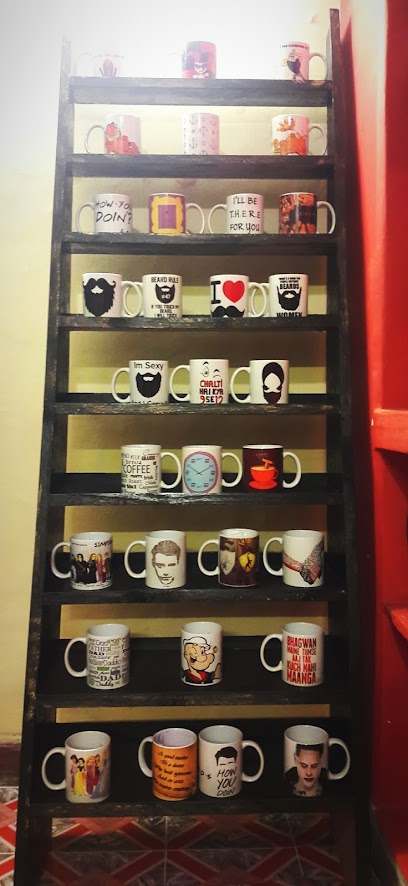
Kunbi Plus- Men's clothing and Handicrafts store
Explore Kunbi Plus in Kolkata for stylish men's clothing and exquisite local handicrafts that reflect India's rich heritage.
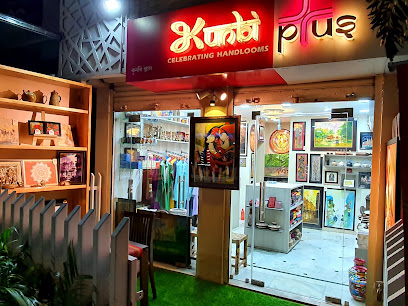
July Store
Discover the essence of women's fashion at July Store in Ballygunge, Kolkata—your stylish sanctuary for contemporary clothing.
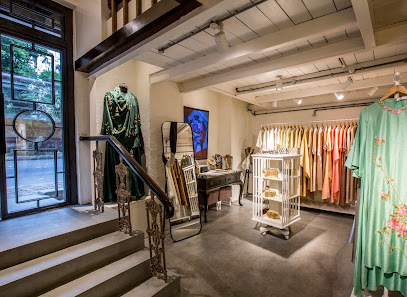
Singh STORES
Explore Singh Stores in Kolkata for a delightful selection of Indian groceries and beauty products, capturing the essence of local flavors and culture.
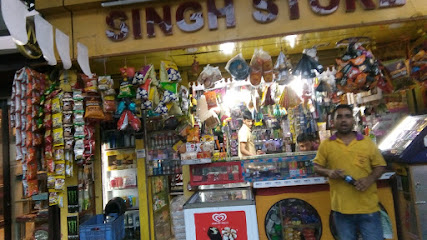
Ballygunge Variety Store - Handicraft Shop
Explore the exquisite handicrafts of India at Ballygunge Variety Store, where tradition meets creativity in Kolkata.
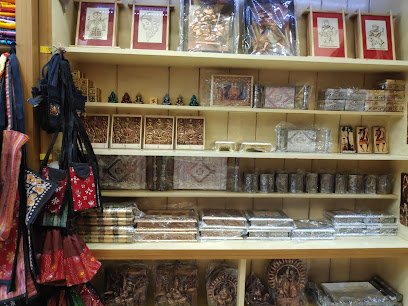
Kishore Stores
Discover Kishore Stores in Kolkata: Your go-to destination for quality home goods, blending tradition with modernity for all your household needs.
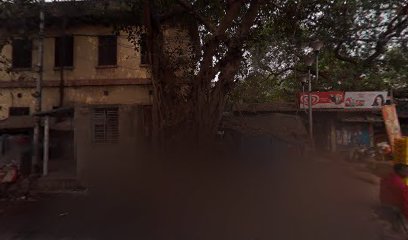
Unique Collection
Explore Unique Collection in Kolkata for a stunning selection of women's fashion, from traditional sarees to modern attire, perfect for every occasion.
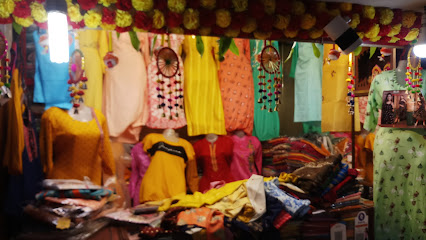
Flower Shop
Explore Kolkata's Flower Shop: A Floral Wonderland in the Heart of Ballygunge, Offering a Captivating Array of Blooms and Unique Gifts.
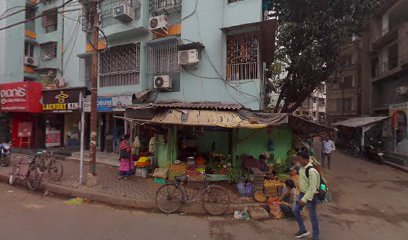
Essential bars & hidden hideouts
Tram Depot
Experience the vibrant nightlife and eclectic dining at Tram Depot, Kolkata's unique bar and club destination.
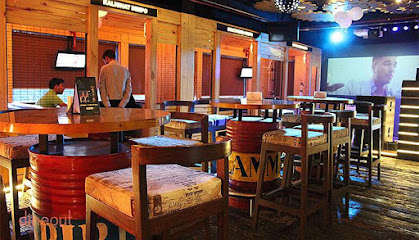
The Irish House, Kolkata
Discover the vibrant atmosphere and exquisite cuisine at The Irish House, Kolkata's premier pub experience.
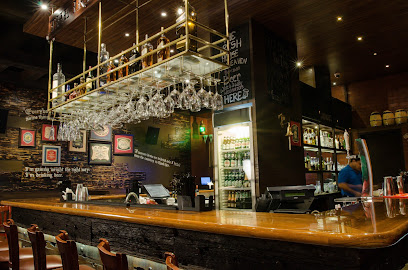
Xrong place Pub & Restaurant
Experience Kolkata's nightlife at Xrong Place Pub & Restaurant, where exquisite flavors meet vibrant ambiance in the heart of the city.
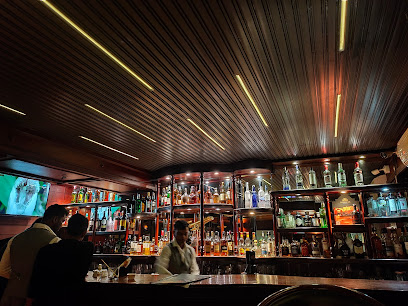
Cheap Charlie Pub & Restaurant
Experience the vibrant nightlife of Kolkata at Cheap Charlie Pub & Restaurant, where delicious food meets a lively atmosphere.
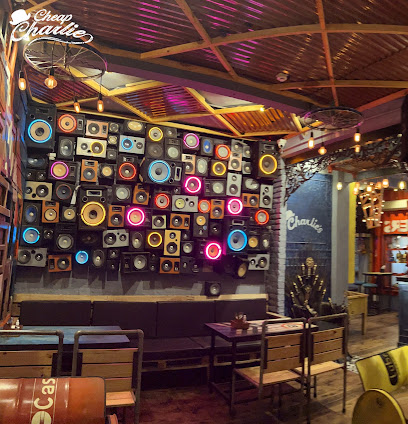
Miss Ginko
Discover Miss Ginko in Kolkata: A culinary haven where exquisite flavors meet a chic lounge atmosphere, perfect for food lovers and social gatherings.
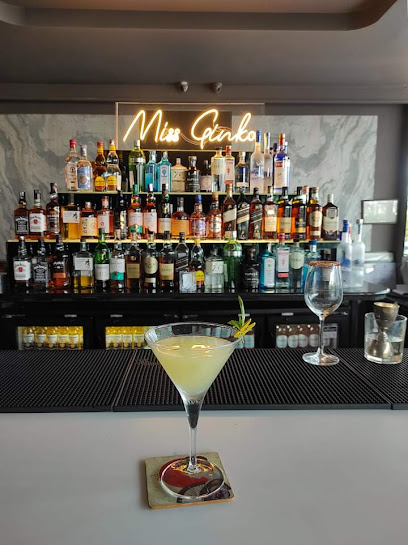
Nirvana
Discover Nirvana in Kolkata: where exquisite flavors meet a vibrant atmosphere in the heart of Ballygunge.
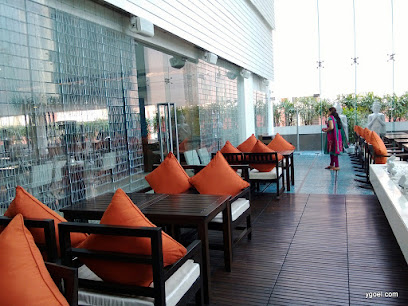
Bar And Restaurant
Discover the flavors of Kolkata at this lively bar and restaurant, where local cuisine meets vibrant nightlife in a welcoming atmosphere.
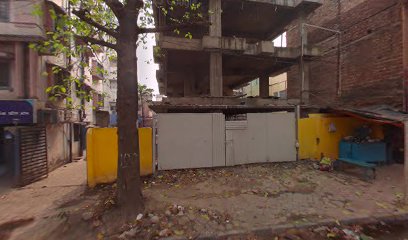
Poddar Cafe
Experience the vibrant nightlife at Poddar Cafe, a lively bar in Ballygunge, Kolkata, perfect for unwinding with friends and enjoying local flavors.
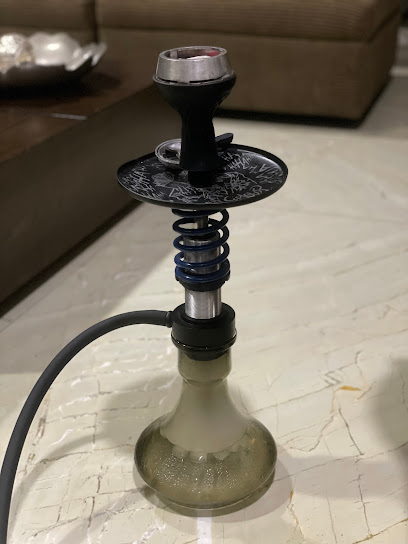
Bartinis
Discover the elegance of Bartinis, Kolkata's premier lounge and bar, offering exquisite drinks and a sophisticated atmosphere.
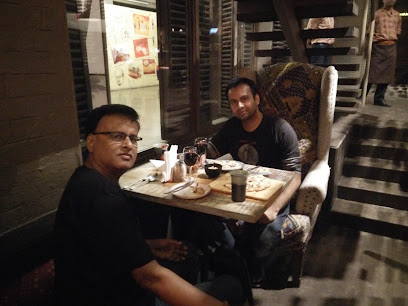
Bouff's Den & Club 2.0
Discover the vibrant nightlife of Kolkata at Bouff's Den & Club 2.0 - a lively bar offering creative cocktails and a welcoming atmosphere.
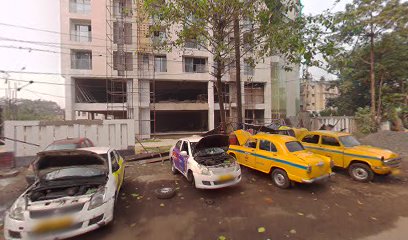
Local Phrases
-
- Helloনমস্কার
[Nomoshkar] - Goodbyeবিদায়
[Biday] - Yesহ্যাঁ
[Hyām̐] - Noনা
[Nā] - Please/You're welcomeঅনুগ্রহ করে
[Ônugrôh kôre] - Thank youধন্যবাদ
[Dhônyôbād] - Excuse me/Sorryদুঃখিত
[Duḥkhita] - How are you?তুমি কেমন আছো?
[Tumi kemōn āchō?] - Fine. And you?ভাল আছি। তুমি?
[Bhāla āchi. Tumi?] - Do you speak English?তুমি ইংরেজি কথা বলতে পারো?
[Tumi iṅrēji kôthā bôlōtē pārō?] - I don't understandআমি বুঝি না
[Āmi bujhi nā]
- Helloনমস্কার
-
- I'd like to see the menu, pleaseদয়া করে মেনু দেখাতে চাই
[Dôya kôre menū dēkhātē chai] - I don't eat meatআমি মাংস খাই না
[Āmi māṅsa khāi nā] - Cheers!চিয়ার্স!
[Ciyārs!] - I would like to pay, pleaseদয়া করে আমি দিতে চাই
[Dôya kôre āmi ditē chai]
- I'd like to see the menu, pleaseদয়া করে মেনু দেখাতে চাই
-
- Help!সাহায্য!
[Sāhāy'a!] - Go away!চলে যাও!
[Chalē yā'ō!] - Call the Police!পুলিশকে কল করুন!
[Puliśakē kôla karuna!] - Call a doctor!ডাক্তারকে কল করুন!
[Ḍāktārakē kôla karuna!] - I'm lostআমি হারিয়ে গেছি
[Āmi hāriẏē gēchi] - I'm illআমি অসুস্থ
[Āmi asustha]
- Help!সাহায্য!
-
- I'd like to buy...আমি ... কিনতে চাই
[Āmi ... kinatē chai] - I'm just lookingআমি শুধু দেখছি
[Āmi śudhu dēkhachi] - How much is it?এটা কত?
[Ēṭā kata?] - That's too expensiveএটা অত্যন্ত ব্যয়স্ফীত
[Ēṭā ôtônta byôyôsphīta] - Can you lower the price?দাম কমাতে পারবেন?
[Dāma kamātē pārbēn?]
- I'd like to buy...আমি ... কিনতে চাই
-
- What time is it?এখন কতটা বাজে?
[Ēkhana kataṭā bājē?] - It's one o'clockএটা একটা বাজে
[Ēṭā ēkaṭā bājē] - Half past (10)(10) টার পাঁচের অর্ধে
[(10) Ṭāra pām̐cēra ardha] - Morningসকাল
[Sakāla] - Afternoonবিকাল
[Bikāla] - Eveningসন্ধ্যা
[Sandhyā] - Yesterdayগতকাল
[Gatakāla] - Todayআজ
[Āja] - Tomorrowআগামীকাল
[Āgāmīkāla] - 1এক
[Ēka] - 2দুই
[Dui] - 3তিন
[Tina] - 4চার
[Chara] - 5পাঁচ
[Pām̐ca] - 6ছয়
[Chôẏa] - 7সাত
[Sāta] - 8আট
[Āṭa] - 9নয়
[Nôẏa] - 10দশ
[Daśa]
- What time is it?এখন কতটা বাজে?
-
- Where's a/the...?...টা কোথায়?
[...Ṭā kōthāẏa?] - What's the address?ঠিকানা কি?
[Ṭhikānā ki?] - Can you show me (on the map)?আপনি আমাকে দেখাতে পারবেন?
[Āpani āmākē dēkhātē pārbēn?] - When's the next (bus)?পরের ... কখন?
[Pōrēra ... kôhana?] - A ticket (to ....)একটি টিকিট (.... পর্যন্ত)
[Ēkaṭi Ṭikita (.... Paryanta)]
- Where's a/the...?...টা কোথায়?
History of Ballygunge
-
Ballygunge emerged as a significant residential area during the British colonial period in the late 18th and early 19th centuries. Originally a part of the larger Greater Calcutta region, it was developed as a suburb for the British elite who sought refuge from the bustling city. The presence of sprawling bungalows and gardens symbolized the lifestyle of the wealthy, while the establishment of schools, clubs, and churches indicated the area's growing importance.
-
Ballygunge has long been recognized as a cultural melting pot, attracting a diverse population that includes Bengali Hindus, Muslims, and various other communities. The neighborhood has rich traditions in art, music, and literature, which are deeply intertwined with Kolkata's broader cultural landscape. Notable figures, such as Rabindranath Tagore, had connections to the area, and many cultural institutions have flourished here.
-
The 20th century saw Ballygunge evolve into an educational hub, with the establishment of prestigious institutions like the Ballygunge Shiksha Sadan and the South Point School. These institutions have contributed significantly to the intellectual and cultural fabric of Kolkata, shaping generations of students and fostering a spirit of academic excellence.
-
Following India's independence in 1947, Ballygunge experienced rapid urbanization and infrastructural development. The neighborhood became a focal point for middle-class families seeking housing in close proximity to the city center. This period saw the construction of numerous apartment complexes, shopping areas, and modern amenities, transforming the landscape while retaining its historical charm.
-
In recent years, Ballygunge has embraced its cultural heritage through various art and cultural festivals. Events like the Ballygunge Cultural Festival highlight local talent, showcasing music, dance, and theatre. These festivals not only celebrate the neighborhood's rich traditions but also foster community engagement and attract visitors from across Kolkata.
Ballygunge Essentials
-
Ballygunge is well-connected to other neighborhoods in Kolkata. The nearest metro station is Ballygunge, part of the Kolkata Metro's Line 1, which connects you to major areas like Esplanade and Dumdum. You can also reach Ballygunge by taking a local bus from various parts of the city, with several routes including the 36, 47, and 215. For a more personalized experience, taxis and ride-sharing services like Uber and Ola are widely available.
-
Ballygunge is accessible via multiple modes of transport. The local bus network is extensive, though it can be crowded during peak hours. Auto-rickshaws are a convenient option for short distances. The Kolkata Metro is efficient, with the Ballygunge station providing easy access to other parts of the city. Bicycles can be rented from local shops, and walking is a pleasant way to explore the neighborhood, especially in areas like Ballygunge Place and Golpark.
-
Ballygunge is generally safe for tourists, but it's advisable to remain cautious, particularly in crowded areas. Avoid walking alone at night in less populated streets. Areas around the railway station may have pickpocketing incidents, so keep your belongings secure. Always be vigilant and trust your instincts when navigating unfamiliar places.
-
In case of emergency, dial 100 for police assistance, 102 for ambulance services, and 101 for fire emergencies. Hospitals like Apollo Gleneagles Hospital and Belle Vue Clinic are nearby and well-equipped. Always carry a copy of your passport and local emergency numbers. It is wise to have travel insurance that covers medical emergencies.
-
Fashion: Do wear modest clothing, especially when visiting temples or religious sites. Don’t wear overly revealing outfits. Religion: Do respect local customs and traditions, especially during religious ceremonies. Public Transport: Do offer your seat to the elderly and pregnant women. Don’t eat or drink on public transport. Greetings: Do greet with a smile and a polite 'Namaste.' Don’t be overly informal in your approach. Eating & Drinking: Do try local street food but ensure it’s from clean vendors. Don’t refuse food or drinks offered by locals, as it may be considered rude.
-
To experience Ballygunge like a local, visit the local markets such as the Gariahat Market, known for its vibrant atmosphere and variety of goods. Engage with local street vendors for authentic food experiences. Take leisurely walks in parks like the Ballygunge Circular Road Park, which offers a glimpse into local life. Attend local cultural events or festivals if you're lucky enough to be there during one, as they provide insight into the rich traditions of the area.
-
When interacting with locals, it’s polite to address people with 'Babu' or 'Didi' (meaning brother or sister) as a sign of respect. Always remove your shoes before entering someone’s home or a place of worship. Engaging in small talk about local cuisine or festivals is welcomed, but avoid discussing sensitive political topics.
Nearby Cities to Ballygunge
-
Things To Do in Jessore
-
Things To Do in Khulna
-
Things To Do in Barisal
-
Things To Do in Rajshahi
-
Things To Do in Dhaka
-
Things To Do in Comilla
-
Things To Do in Ranchi
-
Things To Do in Agartala
-
Things To Do in Chittagong
-
Things To Do in Bhubaneswar
-
Things To Do in Rangpur
-
Things To Do in Cox's Bazar
-
Things To Do in Sylhet
-
Things To Do in Aizawl
-
Things To Do in Siliguri










